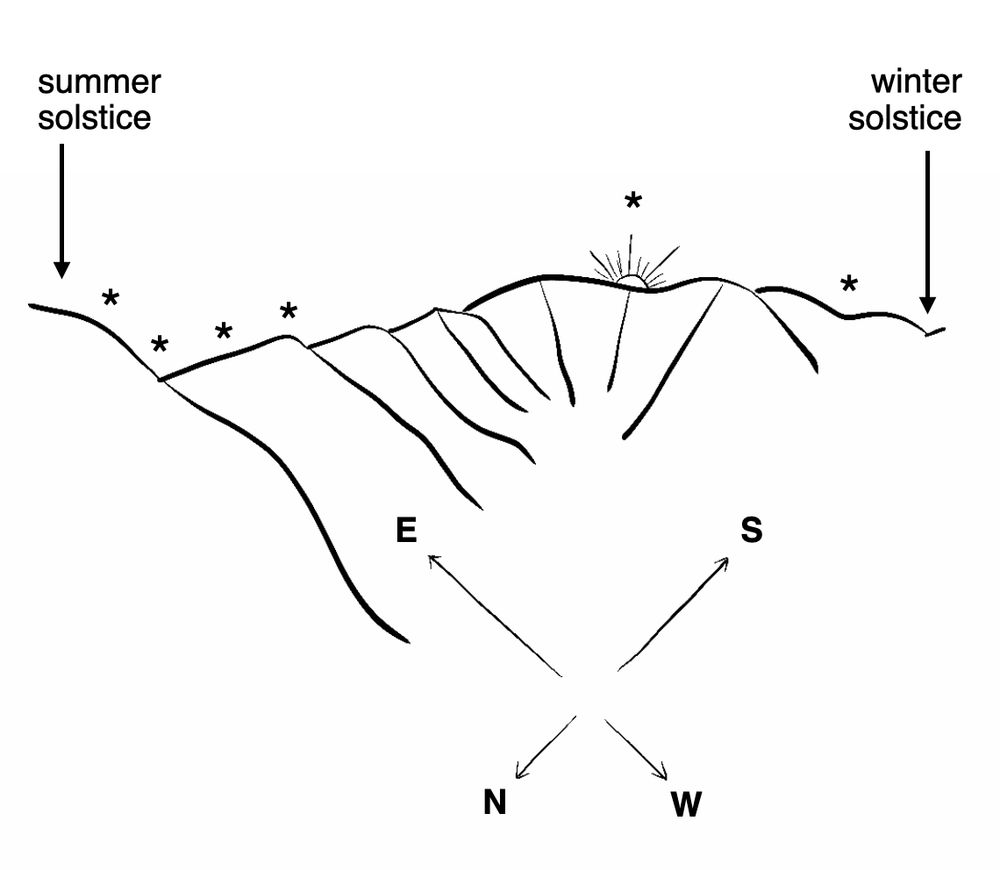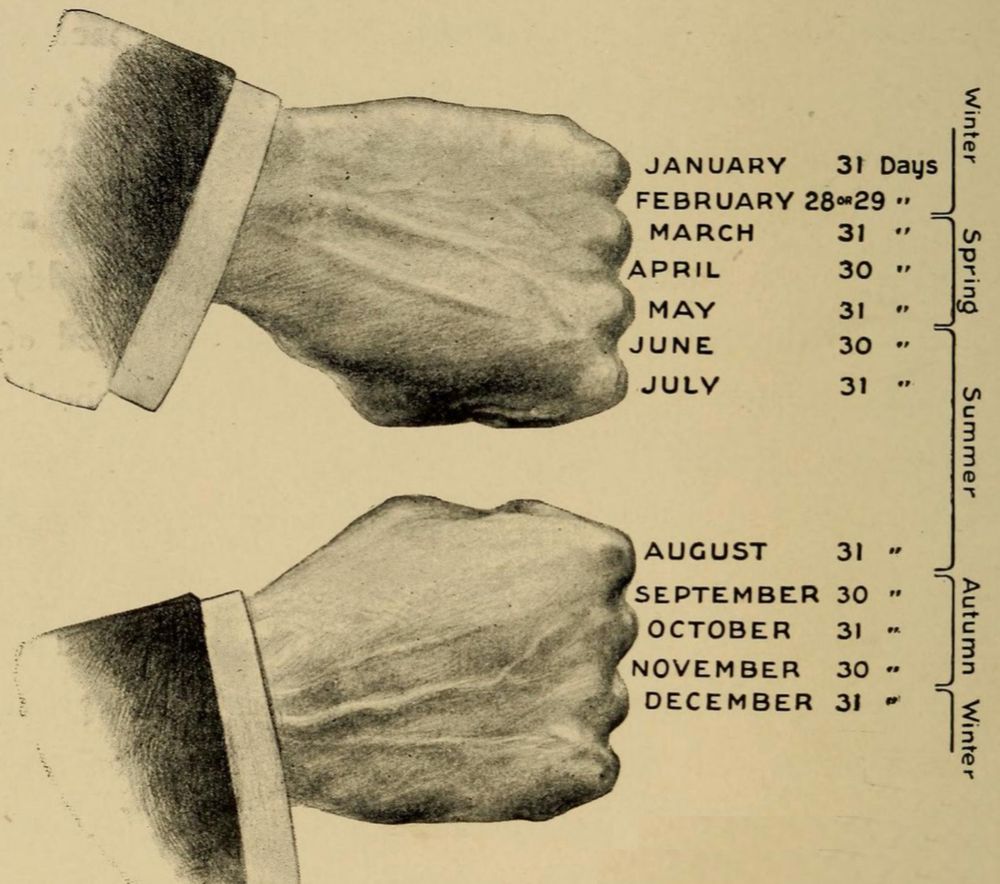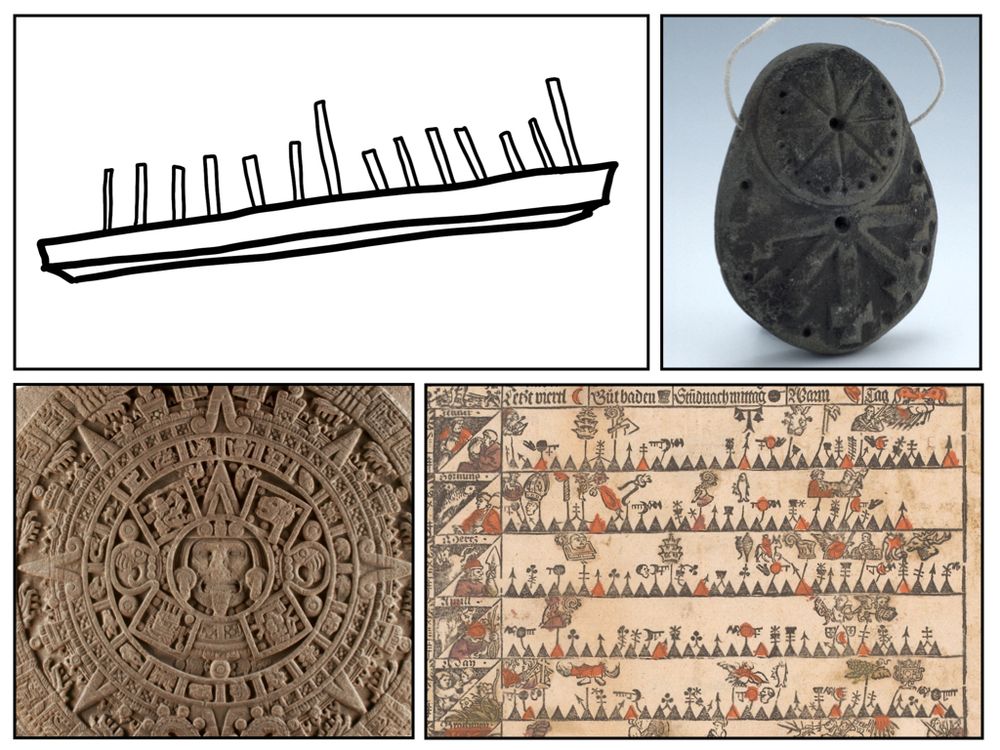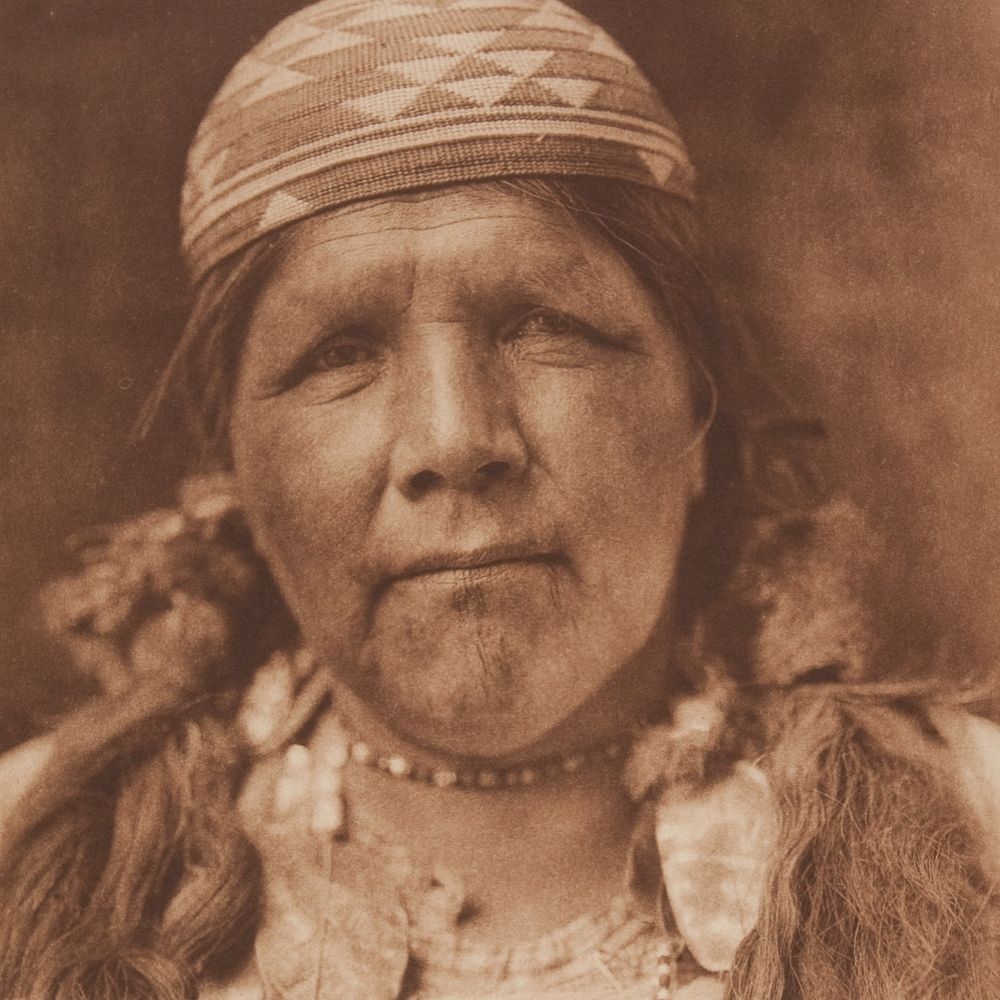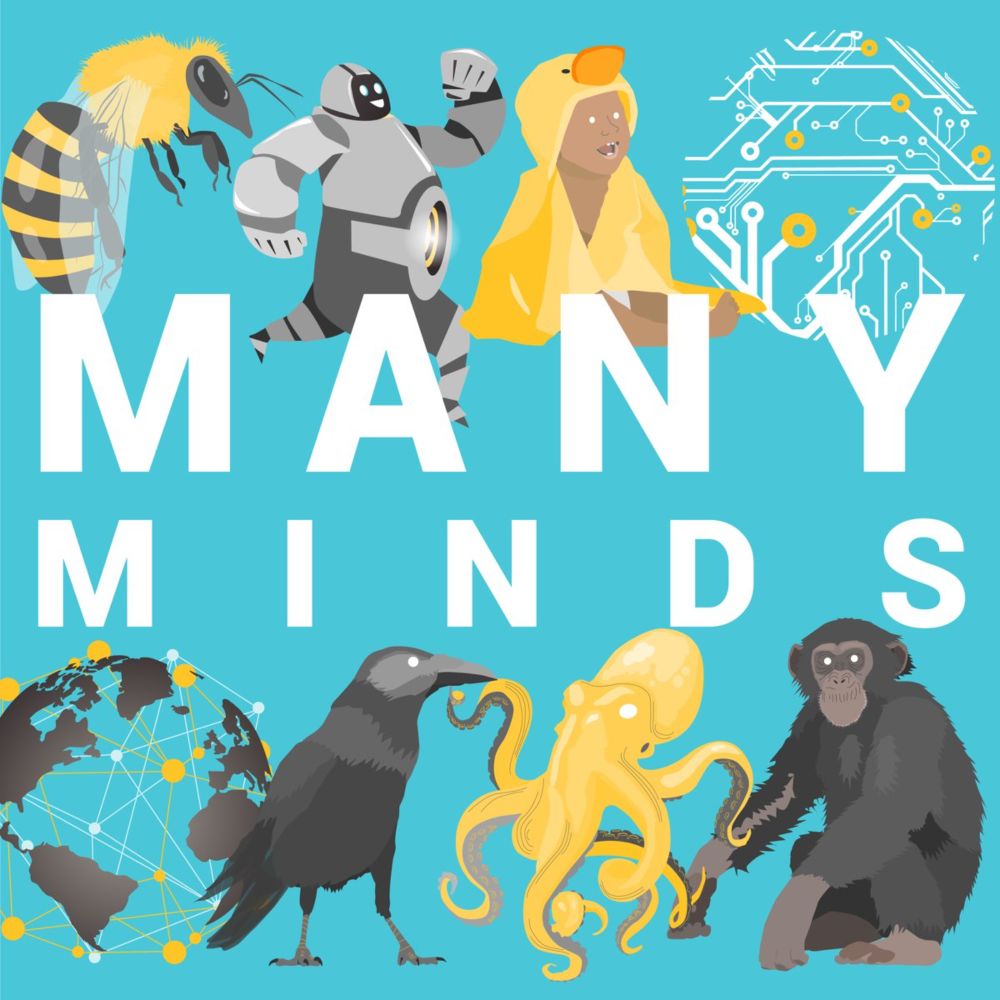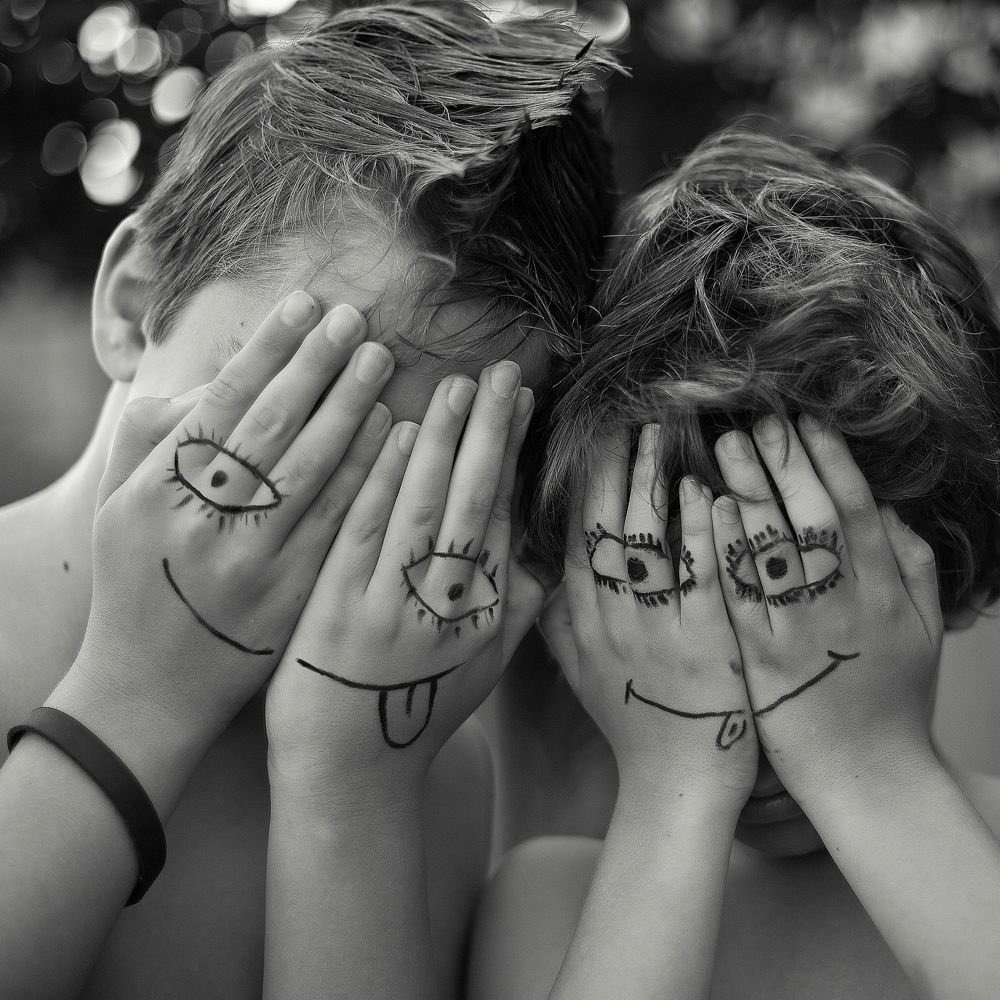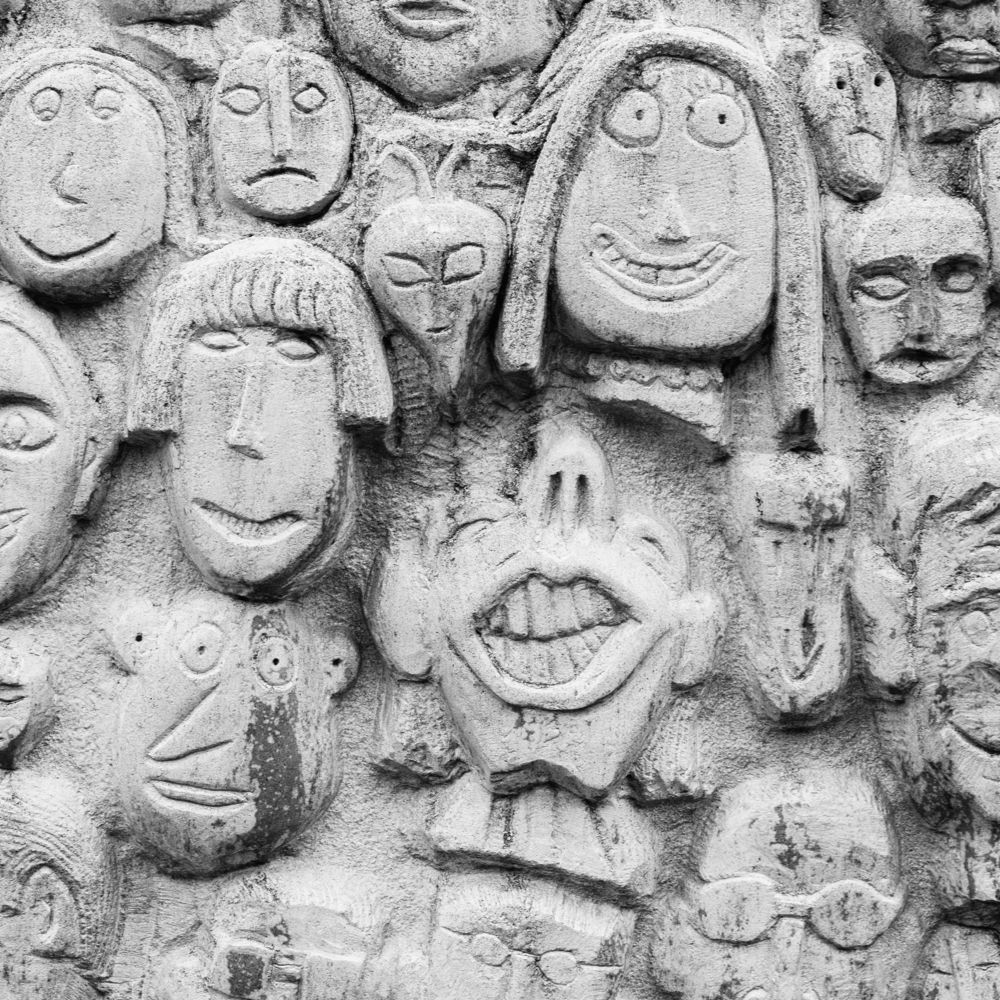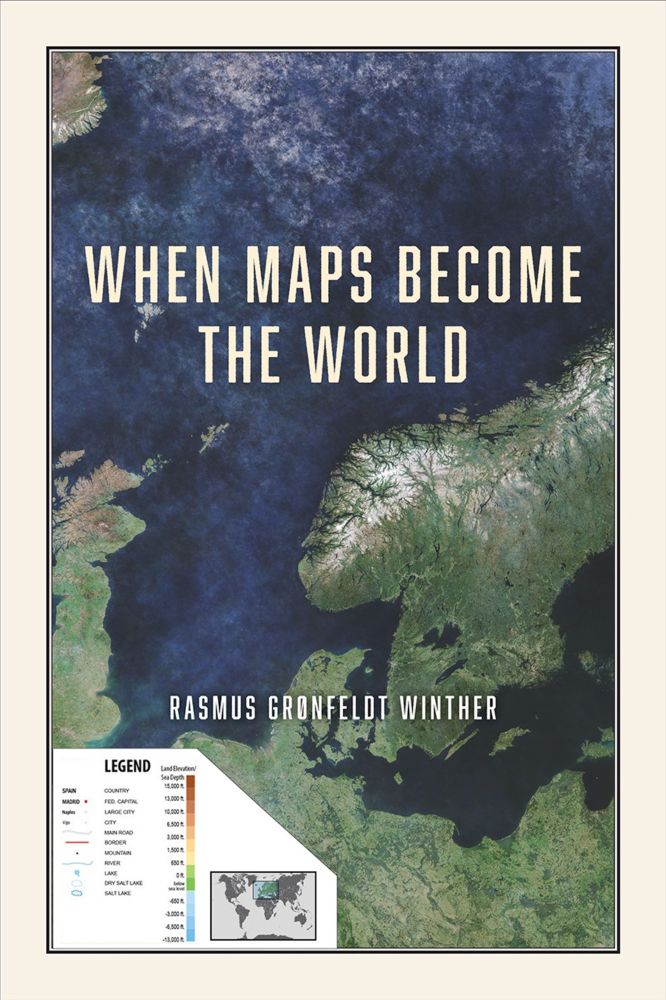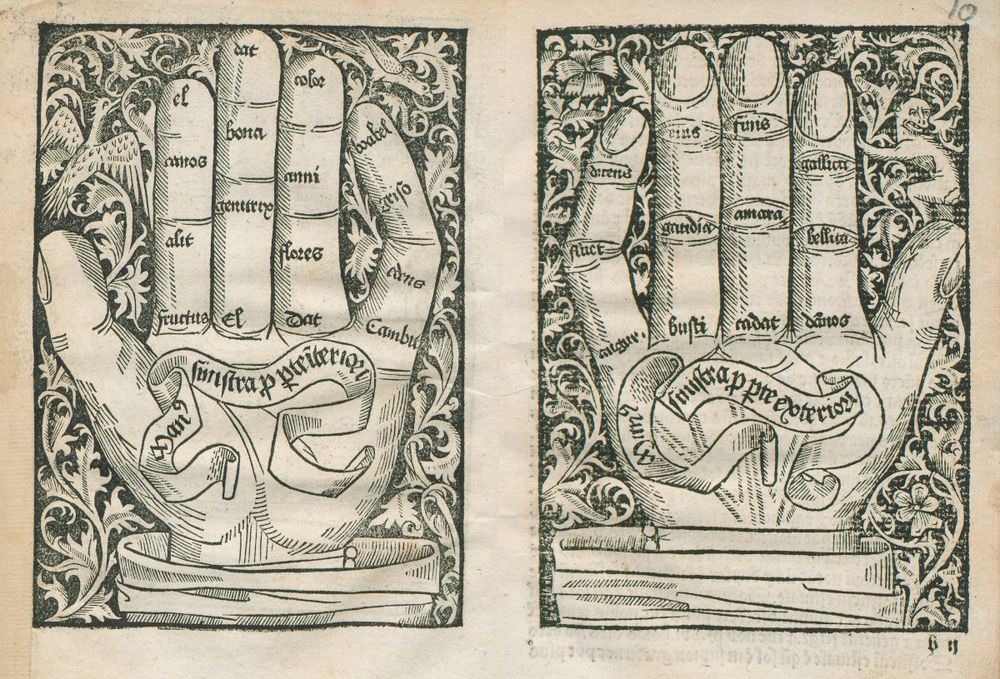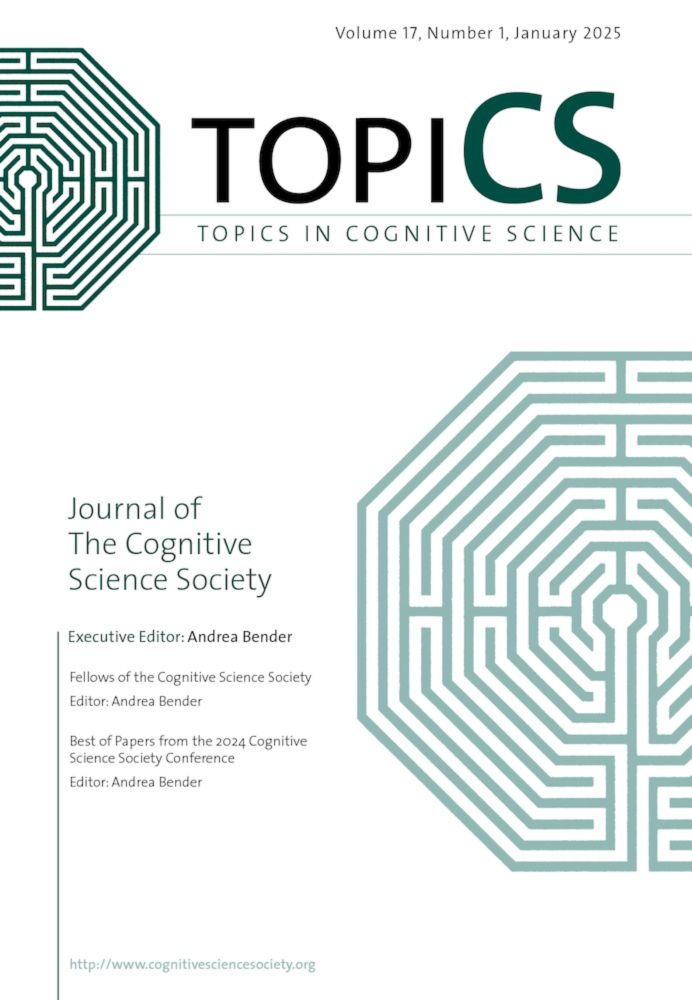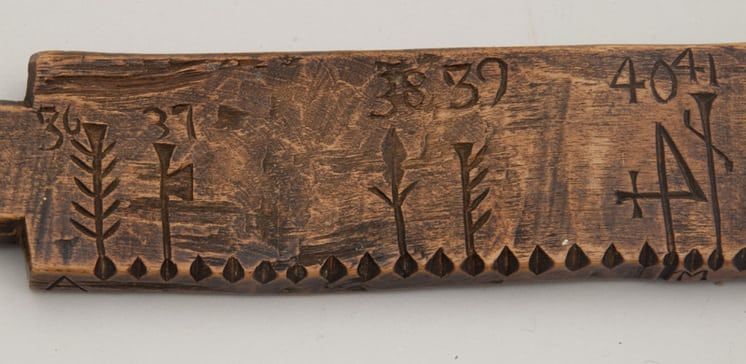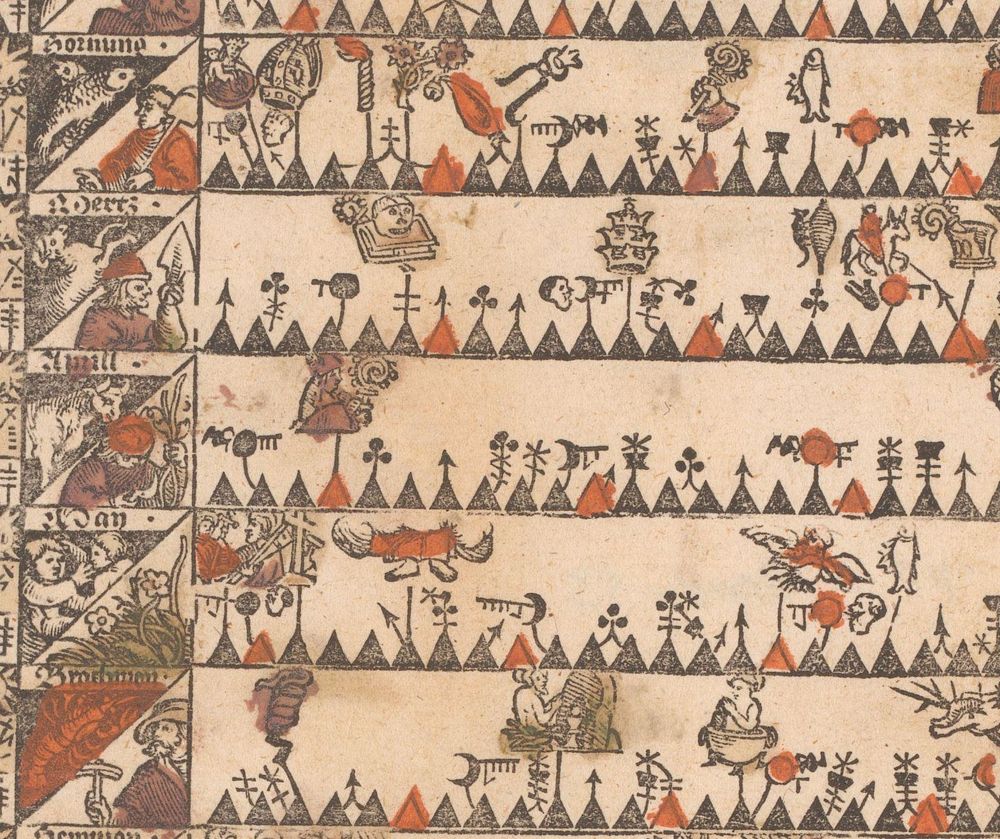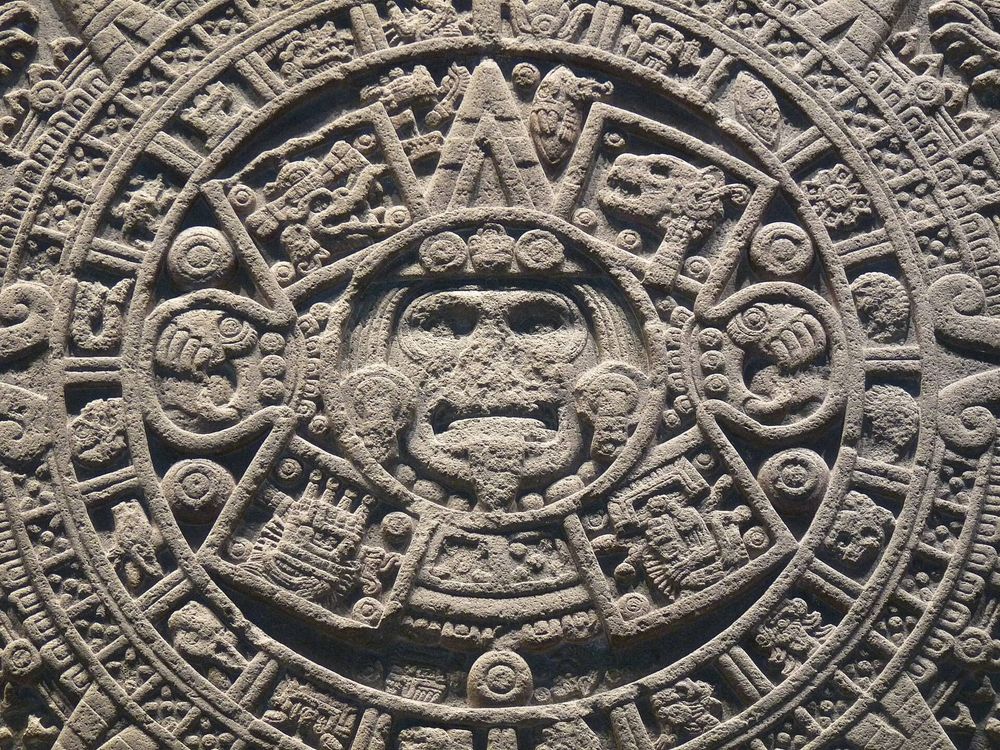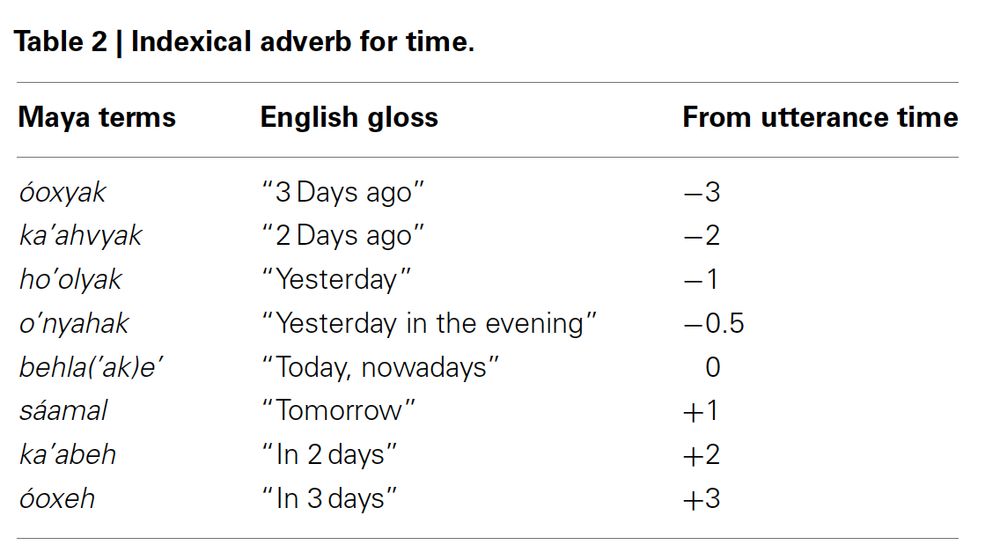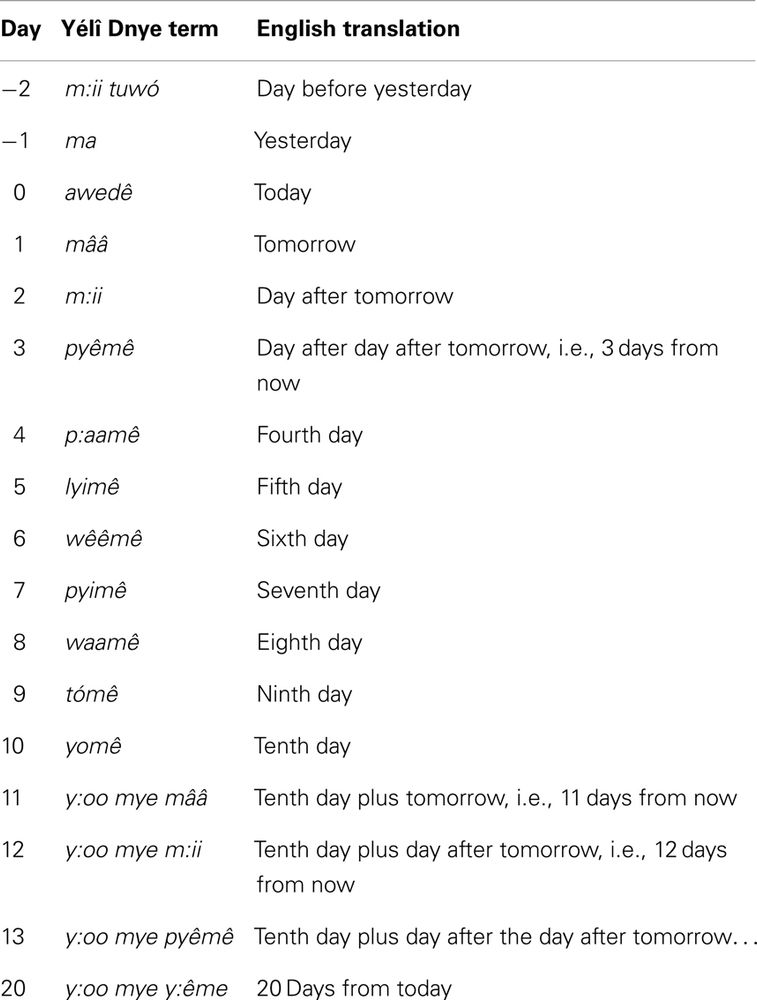Kensy Cooperrider
@kensycoop.bsky.social
770 followers
240 following
1.6K posts
Cognitive scientist, writer, podcaster. Interested in the diversity of communication & cognition. Language, gesture, concepts, time, space, metaphor.
Host of Many Minds (@manymindspod.bsky.social)
www.kensycooperrider.com
Posts
Media
Videos
Starter Packs
Pinned
Reposted by Kensy Cooperrider
Reposted by Kensy Cooperrider
Reposted by Kensy Cooperrider
Reposted by Kensy Cooperrider
Dorsa Amir
@dorsaamir.bsky.social
· Jul 19
Reposted by Kensy Cooperrider
M.J. Crockett
@mjcrockett.bsky.social
· Jul 10
Kensy Cooperrider
@kensycoop.bsky.social
· Jul 10
Kensy Cooperrider
@kensycoop.bsky.social
· May 21
Kensy Cooperrider
@kensycoop.bsky.social
· May 20
Kensy Cooperrider
@kensycoop.bsky.social
· May 13
Reposted by Kensy Cooperrider

